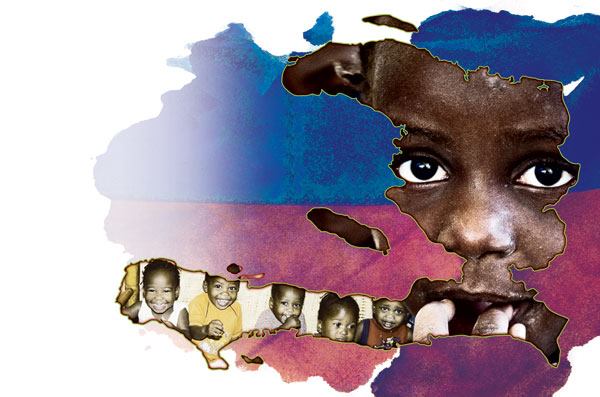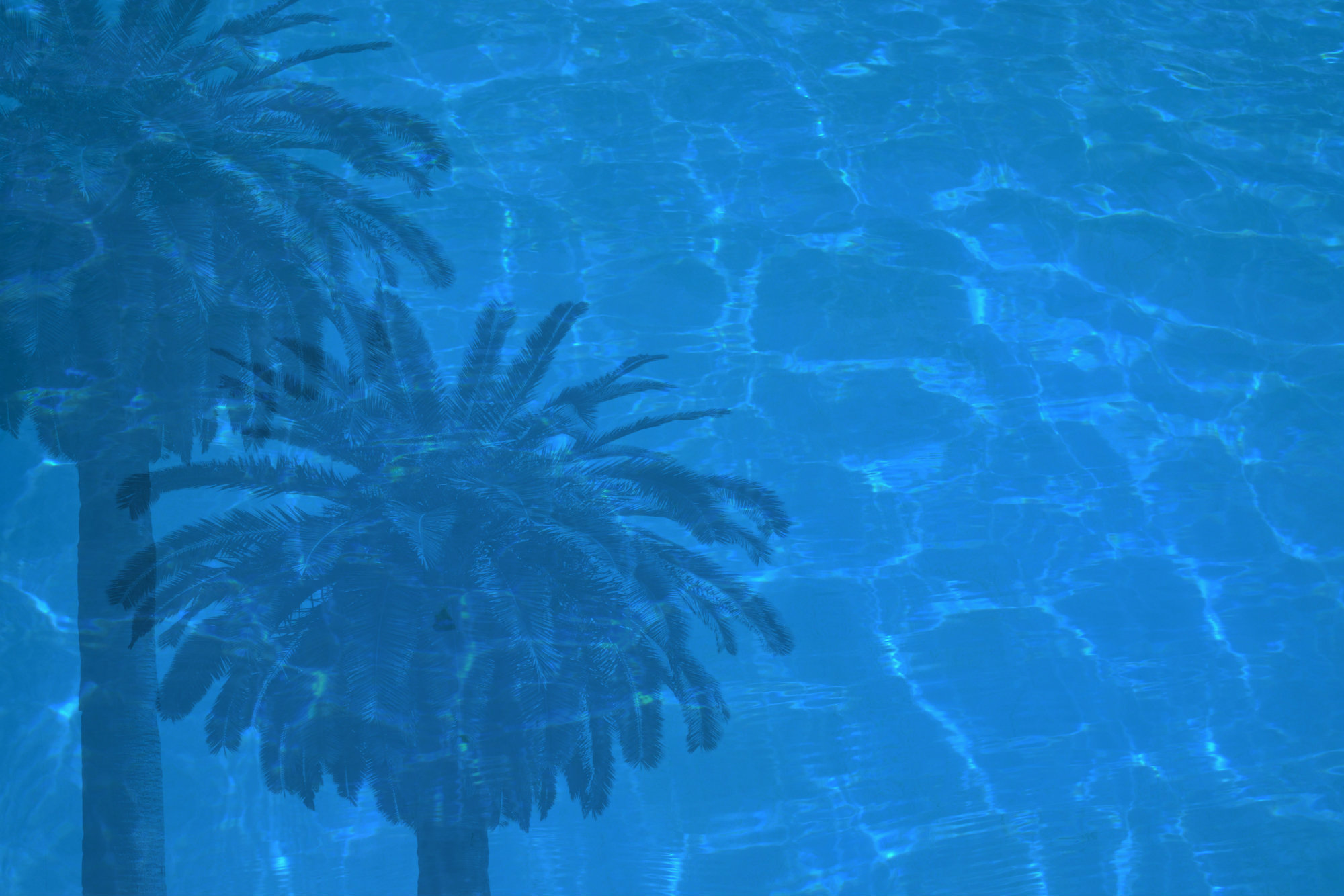Seven years ago, Blaine Benson traveled to an orphanage in Haiti to lend a helping hand.He got two armfuls in return.
“During that week I did electrical work, helped with their water storage and designed a new wireless computer network,” says the general manager of B&L Pools in Phoenix.
The 2003 mission was only supposed to address capital improvements and maintenance of the facility and property.
That is until Benson met 6-year-old Ronise and her brother Mackendy, 2.
“They were the cutest little things in the world,” he recalls of the pair at the time. “So we’re walking along and I’m thinking of things to talk about that Ronise can relate to. At one point I asked her what she liked to eat. So she’s thinking of what they have there, and she says she likes rice, and she likes chicken.
“Then, really, really quietly, she says, ‘and I like ice cream.’” Benson continues. “The whole way she said it, everything about her demeanor and shyness — I just thought, ‘OK, I’m done.’”
What followed that short visit was a protracted, patience-draining international adoption effort that would drag on for nearly two years. But Benson’s faith and extraordinary perseverance ultimately won out, culminating in the arrival on U.S. soil of his two newest family members.
Benson initiated the process almost immediately upon his return to the states. First, he had to ensure his house was deemed suitable for young children — fencing around the pool, any potentially dangerous items secured, etc. He also had to be prepared for surprise at-home visits from the health department; and all three family members (Benson, his wife and their teenage daughter) were subject to individual interviews by psychologists.
Then, toward what looked like the end of the ordeal, political power in Haiti changed hands. When that happens, Benson explains, oftentimes government services and policies are altered.
“So in terms of documentation, they said, ‘OK, now it’s no longer two copies signed by this person — it’s six copies signed by these two people,” he explains. “So we’d set up all this paperwork and have it all ready, and they’d come back to us with something totally different. So we’d start all over again.”
That added about 6 more months to the routine.
When all was said and done, Benson and his wife had met with representatives from both Arizona senators’ offices, made three separate trips to the State Department, worked to modify legislation, and launched countless e-mail and letter-writing campaigns.
For the most part, Benson’s patience remained intact. He knew at the outset it could take a year or longer to clear the necessary hurdles. But after about 18 months, let’s say he grew extremely, well, focused.
“For a while there I was not fun to live with,” he recalls with a laugh. “I had to take a few days off of work. There were a couple of points where I was ready to snap.”
But while a lesser human may have lost his resolve, the prolonged process had the opposite effect on Benson.
“It only made me more determined,” he says. “There was absolutely no way they were going to stop us from doing this. I remember thinking, ‘I don’t care if it takes the rest of my life, this is going to happen.’”
Finally, 22 months after the decision was made, it did happen. Benson and his wife got the OK from Haitian officials, and a week later they brought the children home.
But his work is far from over.
In the coming years, Benson hopes to continue his charitable efforts both domestically and abroad. He and his wife could spend half their year establishing aid programs from home, and the next six months on the road administering these programs from the field — whether in Third World countries, or even in different parts of the U.S. that may need a hand.“My ultimate goal,” he says simply, “is to help other people.”


